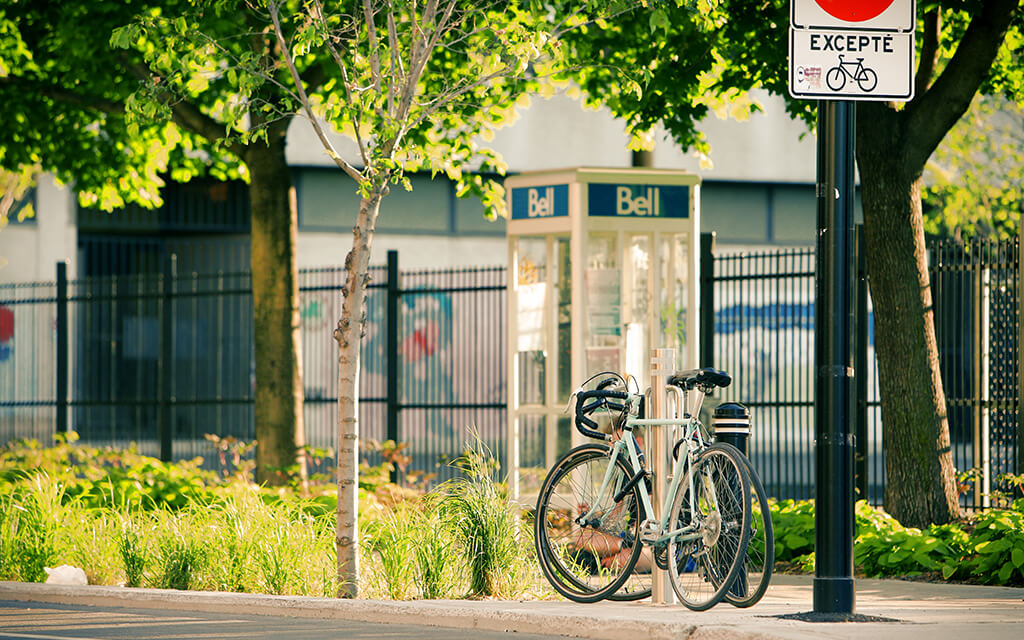Overview
The UK has a long and established reputation in academia. It is home to some of the most prestigious institutions in the world, which are making advances every day. UK’s academic history took its start from The University of Oxford and Cambridge University, one of the oldest universities established. With figures such as Sir Isaac Newton attending Cambridge University to go on to make significant contributions to physics and mathematics.
After World War II, there was also an expansion of colleges with many “new universities” and colleges founded in quite fast order. The academic institutions of the UK as we know them today reflect this global history, with many top-ranked universities continuing to attract students from around the world and making research contributions on a worldwide level in science, but also other areas.
Comprised of England, Scotland, Wales, and Northern Ireland, The UK has a population of approximately 67 million. Its economy is the sixth largest globally due to industries such as finance, technology, manufacturing services, and others. London is one of the leading financial hubs of the world and other cities such as Manchester and Edinburgh are increasingly involved in technology, tourism, and education.
29 Million
Population
758,855
Inter. Students
165
Universities
$3.495 Trillion
GDP
Why Study in UK?
- UK quality of education is considered as the best in the world.
- Internationally recognized universities and degrees.
- Choose from over 50000 courses across 25 disciplines.
- Short duration of courses (3 years for bachelors and 1 year for master programs)
- High-quality postgraduate study programs.
- Post study work visa of 2 years
- Opportunity to work while you study in UK
- Experience a great student life style
Top Universities in UK
| University of Oxford |
| University of Cambridge |
| Imperial College London |
| University College London (UCL) |
| University of Edinburgh |
| King’s College London |
| London School of Economics and Political Science (LSE) |
| University of Manchester |
| University of Bristol |
| University of Glasgow |
| University of Birmingham |
| University of Sheffield |
| University of Warwick |
| University of Southampton |
| University of Leeds |
| University of Nottingham |
| Queen Mary University of London |
| University of York |
| Newcastle University |
| University of Liverpool |
View More Universities in UK….
Job Opportunities in UK
Work Alongside Studies:
International students in the UK, including those at Nottingham Trent University, can work up to 20 hours per week during term time and full-time during vacations on a student visa. This allows students to gain valuable work experience while studying, helping with living expenses and enhancing their resumes.
UK Post-Study Work Visa:
After completing their studies, international graduates can apply for the Graduate Route, which allows them to stay in the UK for two years (three years for doctoral graduates) to work or look for work. This visa is open to students who have completed an eligible course at a UK higher education provider.
Permanent Residency in the UK:
International students can apply for Indefinite Leave to Remain (ILR), which is the equivalent of permanent residency, after living and working in the UK for a specified period (typically five years on a work visa). To be eligible, applicants must meet certain requirements, including English language proficiency and a minimum income threshold.
Popular Programs in UK
Engineering
Medicine
Business management
Psychology
Education
Law
Architecture
Accounting
Data science
Linguistics
Computer Sciences
Business analytics
MBA
Biological sciences
Mass Communication
UK Application Documents
- Passport
- Resume
- Academic documents
- Personal statement
- Letters of recommendation
- Experience letters
Intakes
UK offers admissions in three intakes throughout the year:
- September Intake
- January Intake
- May Intake
Costs
With maximum flexibility UK universities’ fee structure for international students ranges from about 11,000 pounds to 35,000 pounds.
LIVING EXPENSES
The student will need to know what type of expenses they will need to plan for when studying in the UK. Living expenses include accommodation, laundry, food, internet, telephone and commute.
STUDENT ACCOMMODATION
There are many options available in UK, and each of these will vary in cost. Most of the universities offer on-campus accommodation, which may be a little expensive. However, that comes with a lot of benefits as the students have access to libraries, common halls, entertainment arena and they can interact with their fellow students for academic as well as leisure activities.
| Expense Category | Cost per Week (in Pounds) | Notes |
|---|---|---|
| Mobile (Prepaid) | £5 | Prepaid plan, suitable for users making a lot of calls |
| Internet (DSL) | £5 | Standard DSL internet services in the UK |
| Bills (Utilities) | £10 | Includes water, heating, and electricity |
| Travel | £10+ | Depends on the location, higher costs in cities like London |
| Study Materials | £7 | Books, notepads, paper, and printer cartridges |
Summary: Total weekly expense (excluding rent): £37+
Visa process
- Submit Documents
- Confirmation of Acceptance for Studies (CAS)
- Prepare Visa Application
- Healthcare Surcharge
- Biometric Information
Visa Documents
- Copy of a valid passport
- GMAT/GRE scores for PG programs
- Letter of Recommendations (LORs)
- A CV (if applicable)
- Academic Transcripts
Scholarship Opportunities
UK provides numerous scholarships for international students. From tuition fee waivers to stipends, these scholarships may cover many of your expenses. Some scholarships are mentioned below:







What our students say about us






Related Articles
Ireland Govt. International Education Scholarships 2025 (GOI-IES)
Are you an international student dreaming of pursuing higher education in one of Europe’s most…
Scholarships in Hungary for Pakistani Students 2025
Hungary is a popular study destination for international students, offering high-quality education at affordable fee…
Cost of Study in Hungary 2025: A Complete Breakdown
Hungary is one of the most affordable study destinations in Europe, offering high-quality education at…
How to Study in Hungary: A Complete Guide 2025
Hungary is rapidly becoming one of the most sought-after study destinations for international students. Hungary…
How to Study in Germany: A Complete Guide 2025
How to Study in Germany: A Comprehensive Guide for 12th Grade Students Germany is one…
UK Sees a Boost in International Student Applications
The number of international students’ applications is on the rise again in UK, new data…














